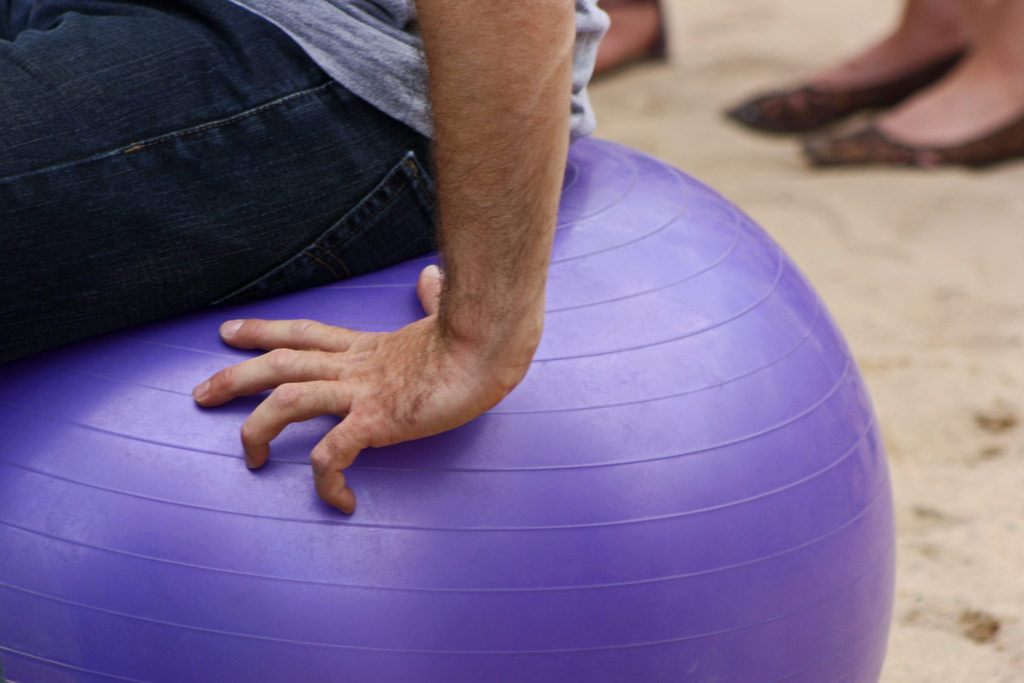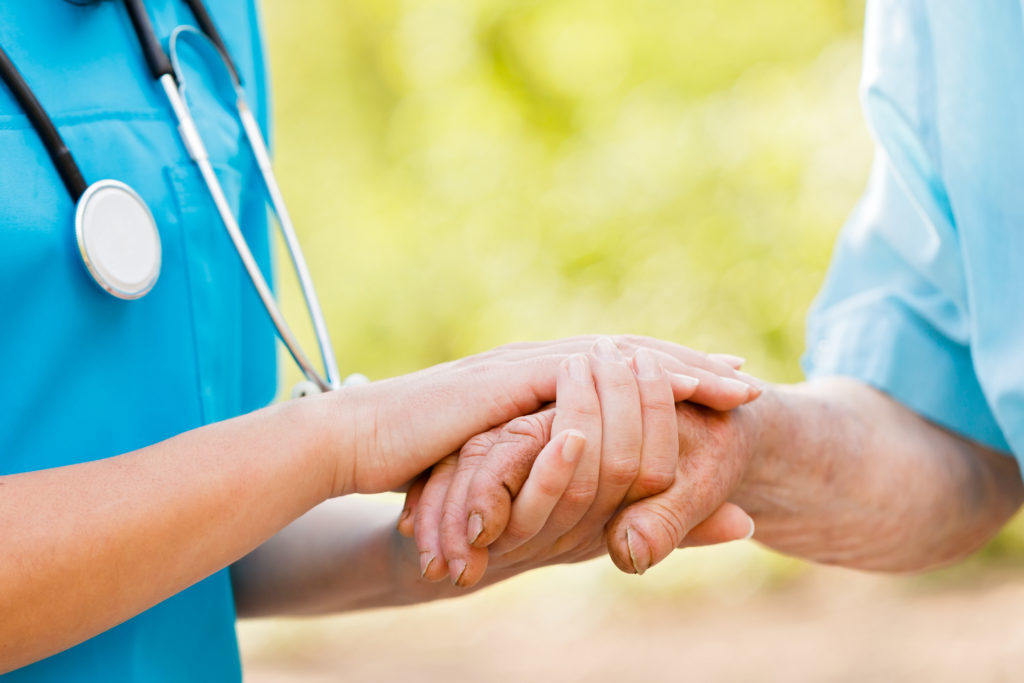Six Top Tips On How To Reduce Arthritis Pain
There are around 350 million people who suffer from arthritis worldwide. Arthritis causes painful inflammation of the joints and unfortunately, there is currently no known cure for the disease. However, here at Mangar Health, we have put together some tips to help reduce the pain and make living with arthritis bearable.
Mediterranean Diet
There are so many delicious foods out there that can help fight pain and inflammation which so many arthritis sufferers endure. The Arthritis Foundation recommends a Mediterranean diet or appropriately renamed ‘The Ultimate Arthritis Diet’ which contains all sorts of foods from fish, nuts & seeds, fruits & vegetables, olive oil, whole grains and beans. The diet emphasises foods that are rich in omega fatty acids.
Omega-3 fatty acids which are in fish and olive oil among other things are known to help reduce pain in arthritis. The University of Maryland Medical Centre found ‘that omega-3 fatty acids reduce inflammation and may help lower risk of chronic diseases such as heart disease, cancer, and arthritis.’
It is also important to know the difference between omega-3 and omega-6 as omega-3 fatty acids are known to reduce inflammation, whilst on the other hand omega-6, fatty acids tend it promotes inflammation instead. High levels of omega-6 tend to be found in food such as vegetable oils, fast foods, dairy and eggs etc.
To see a list of foods that contain high levels of omega-6 fatty acids click here.
To see a list of food which contain high levels of omega-3 fatty acids click here.

Exercise, Exercise, Exercise
Exercising is so important for people living with arthritis because it helps build strength, increase flexibility, fights fatigue and reduces pain. Whilst, we don’t recommend going for long runs or lifting weights as this will cause more damage than good, the idea of exercising while already in pain isn’t the most pleasant idea. We do recommend, however, that you do low to moderate exercise as this can make such a difference in your overall wellbeing and reduce pain and symptoms of arthritis.
Even though you might think that exercise will irritate your joints and cause further pain and stiffness this isn’t the case at all! In fact, a lack of exercise can make your joints and pain even worse. This is because without exercise your muscles and surrounding tissue will become weaker and no longer be able to continue supporting your bones and therefore will increase stress on your joints.
Please remember to always double check with your doctor before starting any new form of exercise.
Use Hot and Cold Therapy
Hot therapy is a good way to reduce arthritis pain because heat enhances circulation and helps nutrients to be delivered to your joints and muscles quicker.
A long hot bath is an effective way to help ease stiffness in your joints especially in the morning when you’re more likely to be stiff. It is also a good idea to have a warm bath before you go to sleep, it will help reduce pain and therefore help you get a better night’s sleep.
On the other hand, getting in and out of the bath whilst in pain and stiff can be rather daunting and you may feel that it is rather uncomfortable. If this is something you struggle with then the Mangar Bathing Cushion may be able to help you with this.
“They say Miracles seldom happen but for me, the Mangar Bathing Cushion is one. Increasingly crippled by Arthritis I found it agony to climb into my ancient narrow bathtub but now I can sit comfortably back and be lifted into the bath and when I am ready lifted out again. It does all the work for me in blissful comfort.” – Mrs Jackson
You can continue the hot therapy with an electric blanket in your bed or by placing a heating pad in the more painful areas at night to continue to keep your joints loose.
Cold therapy is usually used to help reduce acute arthritis pain because it slows circulation and reduces swelling. A cold compress such as an ice pack or a bag of frozen vegetables can be used to numb nerve endings and help to dull the pain for a quick relief.

Massage Therapy
In a recent study, the Arthritis Foundation found that having a massage on a regular basis, especially targeting the arthritic joints, can help to reduce pain and stiffness and increase flexibility. Research has shown that a massage lowers the body’s production of a stress hormone called cortisol and increases the production of serotonin which is known to reduce depression, heal wounds and maintain bone health and therefore increases your mood. As a massage also helps to reduce pain this will improve your sleep as a result.
If you’re worried about the cost of frequent visits to a massage therapist you can work with a physical therapist to learn how to self-massage which is just as effective.
Weight loss
Weight is an important factor regarding an increased amount of pain from arthritis, as excess weight results in an increased pressure on your joints and therefore results in heightened pain and inflammation.
Rich F. Loeser Jr MD, a rheumatologist at the Thurston Arthritis Research Centre explains how weight gain is a key factor affecting arthritis pain – “even more importantly, the number of inflammatory mediators produced in fat affects joint tissues and plays a role in pain”.
Weight gain can be linked to an increase in arthritis pain, weight loss, therefore, may help to improve arthritis symptoms as there will naturally be less pressure and excess weight on your joints resulting in less wear and tear.
Herbal Medicine
Herbal medicines are also another great treatment to help reduce pain as certain herbal remedies contain anti-inflammatory and painkilling properties. They are also known to help improve energy and help sleep. A few popular herbal medicines that have proven to be effective in reducing pain in arthritis is devil’s claw, Boswellia and rosehip amongst others.
Please remember to speak to your doctor first before taking any medicine that hasn’t been prescribed.
If you suffer from arthritis and know of any other techniques that have helped you to cope and reduce the pain then let us know or if you’re interested in finding out more information regarding the Mangar Bathing Cushion then please feel free to contact us here.









